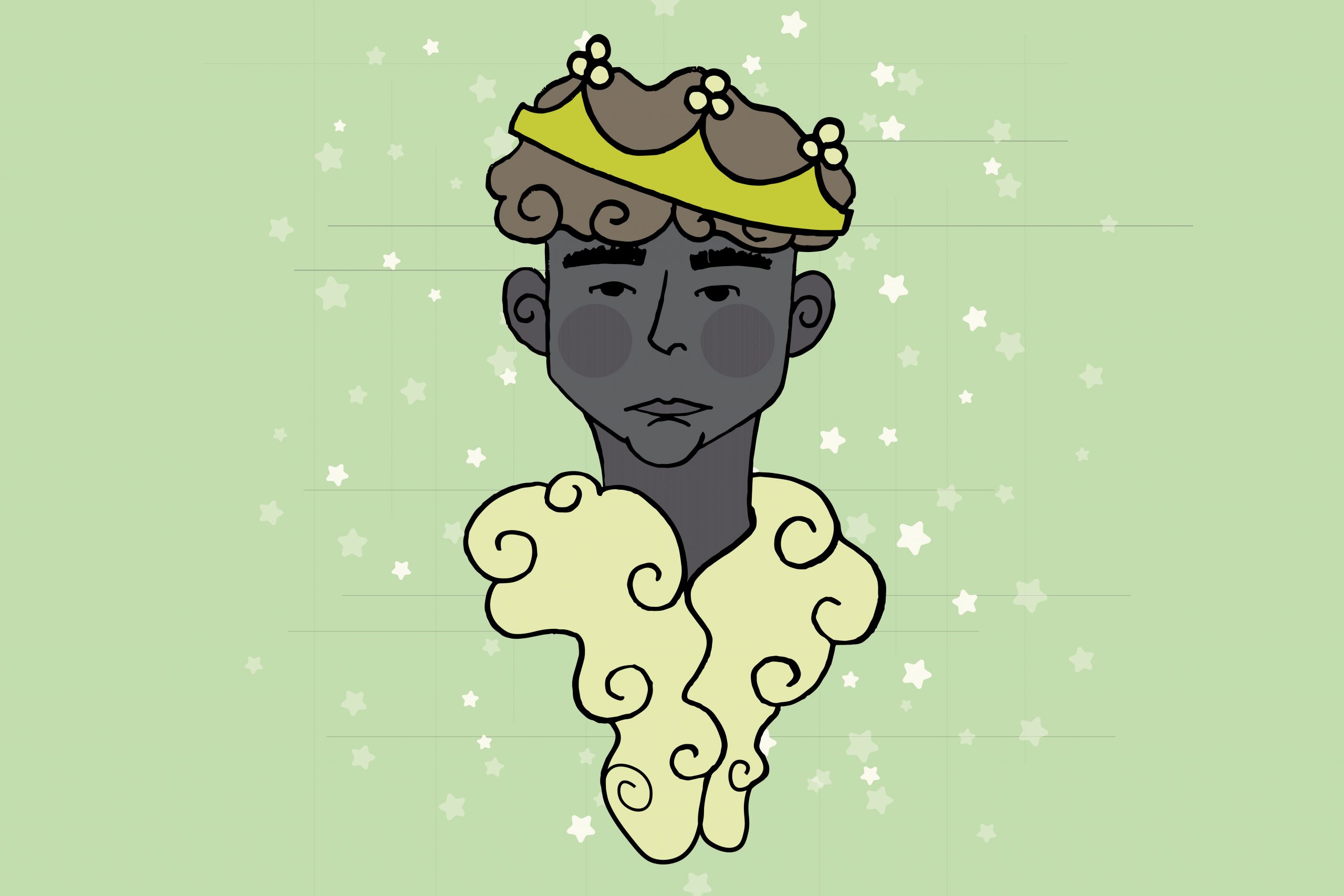The repeated reimagining of William Shakespeare’s works attests to the playwright’s immense popularity. From Sir Kenneth Branagh’s brilliant adaptations to funkier spoofs like “10 Things I Hate About You” or “She’s the Man,” each reinterpretation hinges on the play’s timeless plotlines.
Although adaptations frequently stray from the source material, the original themes often persist in the finished product. Recently, Netflix released “The King,” a drama that wrestles with the enduring consequences of war, pride and authority.
https://www.instagram.com/p/B1bpPgfhJLr/?utm_source=ig_web_copy_link
“The King” is loosely based on a continuous narrative found within “Henry IV” and “Henry V.” Timothée Chalamet steps into the lead role, and viewers follow young Prince Henry’s escapades and eventual ascension to the throne of England. Within both the plays and movie, Henry begins as a die-hard carouser.
His peers are more likely to find the prince at the local pub than in a throne room. The death of his father, however, soon puts an end to Henry’s wild youth. With war brewing in England, the royal must assume his responsibility to the kingdom.
Throughout the movie, seasoned Shakespeare fans will notice differences in Prince Henry’s character. In “The King,” Henry’s drunken shenanigans are entirely angst-driven. For example, after killing an enemy in a duel, the prince guzzles alcohol to block out the memory. But, within the original play, Henry’s partying is driven by cool calculation, not sorrow.
As he says in Henry IV, “…and, like bright metal on a sullen ground / my reformation, glittering o’er my fault / shall show more goodly and attract more eyes / than that which hath no foil to set if off.” The young prince, by partying and drinking like a fiend, aims to lower the kingdom’s standards. When he inherits the throne, Henry hopes the mere contrast between his kingly state and former drunken days will impress all of England.
Unfortunately, the prince inherits the throne at a difficult time. As usual, England is locked in conflict with Wales and financial problems plague the land. To make matters worse, conflict with France is brewing as well. Henry’s advisers insist the young prince possesses more claim to the French throne than the current ruler.
In the play, Henry receives an insulting gift from the Dauphin of France and immediately declares war. However, in “The King,” three perceived threats prompt a more peaceful prince to action.
“The King” also makes drastic changes to the character of Falstaff, Henry’s most trusted companion. In the play, Falstaff primarily acts as comic relief. He parties with the prince through his wilder days, and his drunken escapades never fail to entertain audiences. The well-meaning man is Henry’s dear friend but fails to rise above the bars and brothels of his youth.
However, in this new adaptation, Falstaff exchanges his debauchery for a noble cause. As a former soldier in King Richard’s army, the man possesses a surefire understanding of battle techniques. Eventually, Falstaff chooses to follow Henry in battle and becomes the young prince’s favorite adviser.
Despite the character and plot differences, “The King” does contain some well-integrated nods to the original play. Clergymen worry over an upcoming church tax and attempt to distract Henry from the idea with constant encouragement to wage war. An archbishop delivers a long-winded explanation of Henry’s claim to the throne, and in both accounts is greeted with impatience. Although sparse, Shakespeare fans will catch and appreciate each reference to the movie’s source material.
Chalamet, as the lead character in this Shakespearean drama, brings his usual level of emotional intensity to the role. As “The King” progresses, audiences watch as Chalamet captures both Henry’s earnest and ruthless tendencies. Throughout the movie, the prince jumps from ardent pacifism to merciless acts of vengeance. The actor expertly depicts these contradictory qualities, making Henry’s inconsistency almost imperceptible.
As the story progresses, Chalamet incorporates his character’s newfound kingly qualities. Before battle, his eyes dart between advisers, calculating his kingdom’s next move. He orders executions with vehemence and delivers rousing battlefield speeches to encourage his army. Overall, Chalamet captures each stage of his character’s transformation with delicacy and skill.
In contrast, Robert Pattinson brings a calculated indelicacy to his medieval character. “The King” boasts a Dauphin of France with an obnoxious accent, flamboyant garb and icy blonde hair. All these qualities fuel the character’s irreverent spirit and lend a theatrical vibe to the villain. As one review aptly notes, Pattinson plays the Dauphin “like a skeevy Eurotrash lounge lizard.” Viewers will love to hate the eccentric villain and enjoy the obnoxious energy he brings to an occasionally dull film.
Throughout “The King,” impressive cinematography also provides relief from monotonous moments. The landscape scenes bring a sporadic splash of color to the gray palette that dominates medieval movies. However, the most interesting scene in “The King” takes place during the Battle of Agincourt.
As English and French armies collide, the heavily-armored soldiers become bogged down in the wet, muddy terrain. As the soldiers thrash in the mud, the two armies combine into a churning sea of chaos. The once shining armor becomes covered in thick brown mud. Opposing sides are now indistinguishable from each other. From above, viewers watch this writhing pile of silver worms painstakingly slay one another.
Although differences between “The King” and Shakespeare’s original plays abound, this new adaptation prompts many intriguing questions about the price of war. If the reasons for conflict are ill-founded, newly appointed kings rarely face the consequences. Rather, his soldiers must roll in the mud for the ruler’s benefit.
In “Henry V,” the title character urges a bishop to “take heed … how you awaken the sleeping sword of war.” If nothing else, “The King” sends this message to viewers. In the end, the drama’s strong cast, impressive cinematography and new twists combine to create quite the cautionary tale.
















